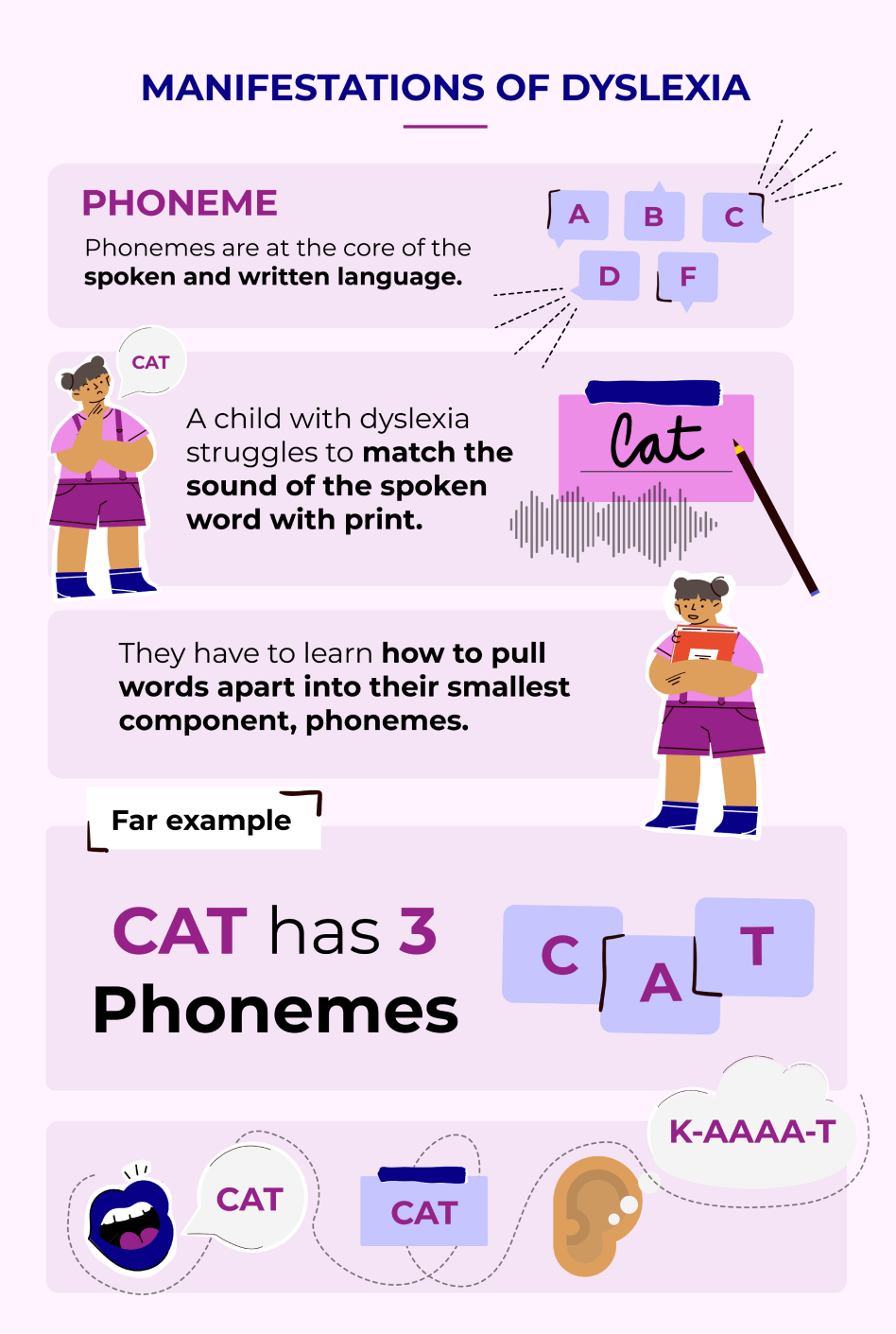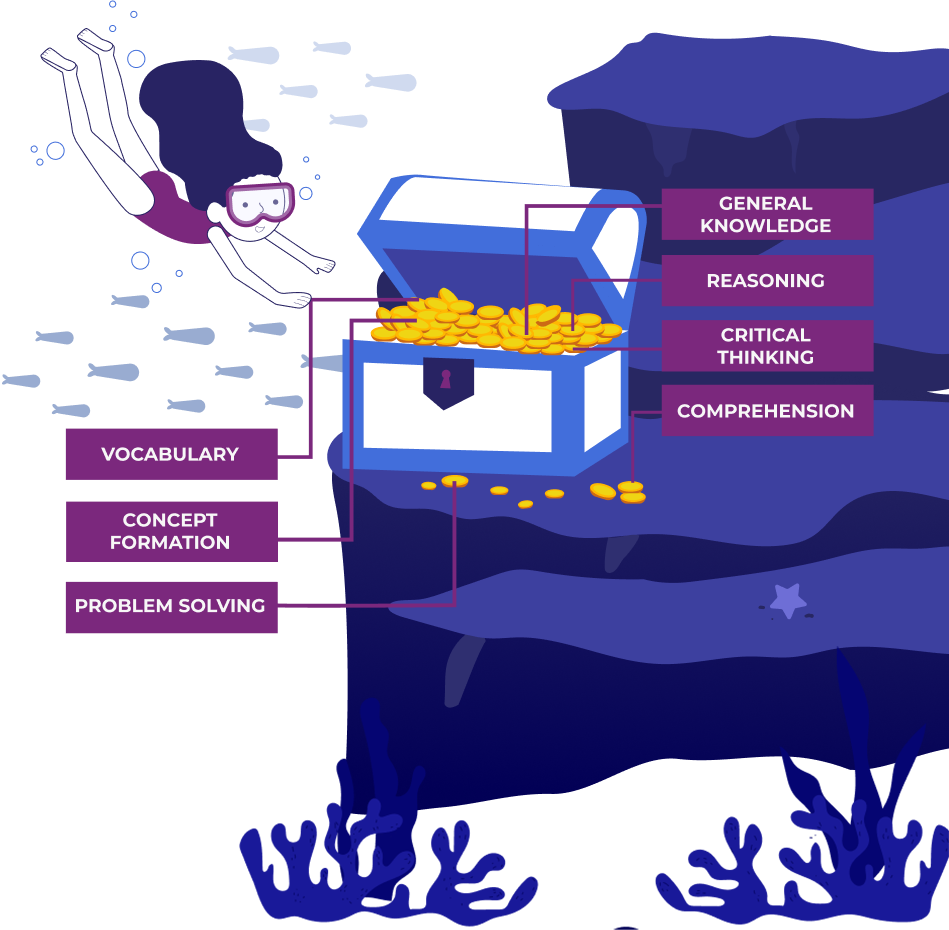1 in 5 people (20%) have dyslexia.
Dyslexia can present in multiple ways (reading, writing, and speaking) and can vary depending on the setting and the perceived level of pressure (such as a student asked to read aloud in the classroom).
Many children with dyslexia often don't receive a diagnosis or receive a misdiagnosis.
Most teachers aren't trained to recognize dyslexia in their students.
A child with dyslexia may have trouble reading, but their critical thinking skills are excellent. The myths and misunderstandings surrounding dyslexia and the lack of teacher training can lead to dyslexic students getting labeled "troublesome" or "lazy."
The best resources to help teachers present material to dyslexic students include training and understanding.






